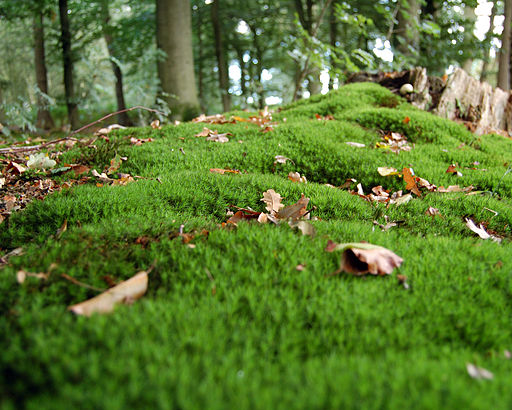
Some Commonly Asked Questions about
Acupuncture & Asian Medicine
1. How does acupuncture work?
According to the traditional Asian perspective, the benefit of acupuncture resides in its ability to regulate the energetic balance of the body by clearing away energetic blockages and by stimulating and strengthening the body’s own natural functions. This is accomplished by the insertion of needles at specific points which have been studied and proven to elicit specific responses in the body’s inherent healing and homeostatic mechanisms.
2. What health issues can acupuncture treat?
Many people are familiar with acupuncture as a treatment for musculoskeletal pain, but that is just a start. Acupuncture can effectively benefit a wide assortment of internal issues such as digestive issues, headaches, asthma, allergies, blood pressure and sugar regulation, skin issues, male and female fertility issues, menopause, and psycho-emotional issues, just to name a few. For further information on this topic please see the National Institutes for Health Consensus Statement on Acupuncture published in November, 1997 at the internet link:
http://www.nih.gov/news/pr/nov97/od-05.htm
3. Who can Acupuncture and Traditional Asian Medicine help?
Nearly everyone can benefit. Acupuncture and Traditional Asian Medicine is helpful for both acute and chronic health issues, and it is best used to maintain balance in a generally healthy individual, alleviating stress, increasing energy and resilience, and facilitating emotional and seasonal changes. A truly preventive modality, regular treatment maintains the body’s vitality and integrity, increasing resistance to disease and illness. Since the level of treatment is individualized it is appropriate for people of all ages and states of wellness.
4. What happens during a treatment?
Clients are asked a wide range of questions to report on their symptoms, and the pulse, tongue and abdomen are checked for diagnostic information. Once the practitioner has determined the client’s unique “pattern of disharmony”, treatment usually lasts 30- 45 minutes, during which time needles are inserted in the appropriate acupoints. The client is asked to wear comfortable, loose-fitting clothing, and treatment is done fully clothed.
5. What kinds of needles are used?
Acupuncture is performed using very slender “filiform” (i.e. solid) needles which are sterile, used once and discarded. Acupoints can also be stimulated using non-inserted needles, moxibustion, finger pressure, pressballs and magnets, particularly attractive options for needle wary clients and children.
6. What does a treatment feel like?
Insertion of the needles is quick and virtually painless. During treatment most clients experience a deep state of relaxation, and many even fall asleep. The sensation of “Qi energy” (pronounced “chee”) in the acupoints can be strong, but is usually comfortable and pleasant.
7. How many treatments will I need?
The number of treatments needed depends on the chronicity of the issue in question and the general health of the individual. Many acute problems can resolve within several weeks, while more deep-seated patterns may require months for major changes to be seen. In either case, many clients are pleasantly surprised when seemingly disconnected symptoms resolve in the course of treatment, resulting in the greater overall sense of well-being that dynamic balance imparts.




